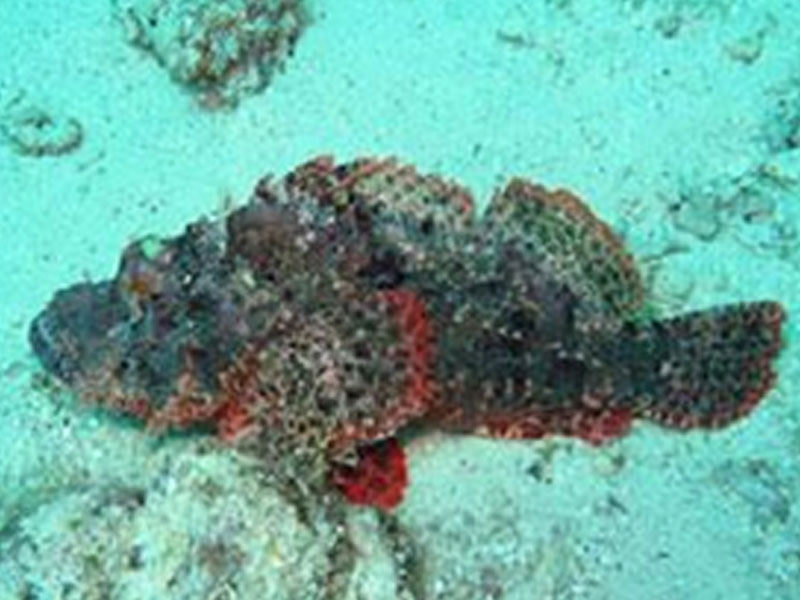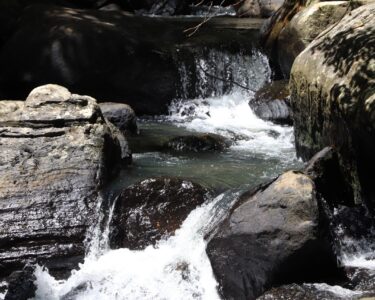Amidst the changing monsoon weather patterns in Sri Lanka, the Department of Parasitology has issued an alert regarding the increased presence of highly venomous fish known as ‘bull-stone fish’ in coastal waters. Dr. Janaka Ruban, Senior lecturer in the department, emphasized that while these fish pose no threat of intentional attacks, their poisonous nature poses a significant risk to individuals who may accidentally come into contact with them.
Bull-stone fish, also known as ‘gini maha’ in Sinhalese, are typically found in coral reef habitats and are known for their camouflage abilities that make them difficult to spot. Their venom, tetrodotoxin, is a potent neurotoxin that can cause severe paralysis and even death if left untreated.
Recent reports indicate that several individuals have been admitted to the Karapitiya Teaching Hospital due to accidental encounters with bull-stone fish. Dr. Ruban explained that these incidents likely occurred during the fish’s breeding season when they ventured closer to shore.
To minimize the risk of encountering these venomous fish, Dr. Ruban advised individuals to avoid swimming in areas where bull-stone fish are known to be present. Additionally, he cautioned beachgoers against walking barefoot on the shoreline, as accidental stepping on a concealed fish could lead to envenomation.
In the unfortunate event of being bitten by a bull-stone fish, Dr. Ruban urged immediate action. The first step is to exit the water and seek medical attention promptly. Early intervention is crucial for successful treatment and reducing the risk of serious complications.
While bull-stone fish play an important role in the marine ecosystem, their venomous nature necessitates caution and awareness. By following the advised precautions, individuals can minimize the risk of encountering these dangerous fish and enjoy Sri Lanka’s beautiful coastal environment safely







